|
Never miss one of our best episodes by subscribing to the newsletter.
Kwame is a business lawyer and the founder of the American Negotiation Institute. He is passionate about teaching entrepreneurs and business professionals the art of negotiation so they can get better deals and advance their careers. He is regularly invited to give negotiation seminars and consults with individuals and companies to create and implement powerful negotiation strategies. He also hosts the top negotiation podcast on iTunes, Negotiation for Entrepreneurs, where he interviews successful entrepreneurs and shares powerful persuasion techniques. Kwame’s Challenge; Negotiate something intentionally within the next seven days. Use his prep guide. http://www.goingdeepwithaaron.com/podcast Connect with Kwame Podcast Website If you liked this interview, check out episode 149 with Ryan Stewman where we discuss sales and your online presence.
Underwritten by Piper Creative
Piper Creative creates podcasts, vlogs, and videos for companies. Our clients become better storytellers. How? Click here and Learn more. We work with Fortune 500s, medium-sized companies, and entrepreneurs. Sign up for one of Piper’s weekly newsletters. We curate links to Expand your Mind, Fill your Heart, and Grow your Tribe. Follow Piper as we grow YouTube Subscribe on iTunes | Stitcher | Overcast | PodBay
0 Comments
Never miss one of our best episodes by subscribing to the newsletter.
A hacker, professor, and consulted expert, Dr. Tim Summers is a cyber and risk strategist specializing in identifying cyber risks and sensitivities within public and private organizations. He is a specialist in understanding the relationship between human cognitive psychology and socio-technical systems. He has served as an Executive Advisor for one of the world’s oldest multinational strategic management firms. He has also been a consultant for Fortune 500 companies worldwide and is a regularly invited speaker. He’s the CEO of Summers & Company, Founder of WikiBreach, and the Director of Innovation, Entrepreneurship & Engagement in the iSchool at the University of Maryland, College Park. Dr. Summers is one of the world’s leading experts in understanding How Hackers Think. Tim’s Challenge; Identify seven people and seek a unique way to inspire and empower them. Ways to empower include; Smile, be positive, encourage creativity, challenge others, and connect. Connect with Tim Website If you liked this interview, check out episode 95 with Dennis Mortensen where we discuss artificial intelligence, smart assistants, and entrepreneurship.
Stops on the 2017 tour of Asia Include;
---
If you want to keep up with everything that we are up to and the places we travel, we will be documenting a lot of it on YouTube and Instagram. I'll also be sending out updates on my newsletter.
In late 2013, Joseph Lubin co-founded the Ethereum Project, and has been working on Ethereum and more recently ConsenSys since January 2014.
ConsenSys began as a blockchain production studio building decentralized applications, mostly on Ethereum. Many of those components are core elements that can be used to construct larger solutions as well as being standalone solutions in their own right. Since ConsenSys began operations before the Ethereum ecosystem existed, ConsenSys has also built core infrastructure elements like Ethereum clients, testing frameworks, rapid application development frameworks, and Integrated Development Environments. ConsenSys Enterprise, the professional services arm, works with various enterprises to help them formulate their blockchain strategy and develop business processes for them on private or consortium blockchains, as well as on the public Ethereum network. Prior to Ethereum, Lubin’s career has involved various posts in the fields of technology and finance and in their intersection. Subsequent to graduating cum laude with a degree in Electrical Engineering and Computer Science from Princeton, he worked as research staff in the Robotics Lab at Princeton and then at Vision Applications, Inc. in the fields of autonomous mobile robotics, machine vision and artificial neural networks. Joe’s Challenge; Learn about decentralization and disintermediation by checking out Ethereum and Consensys. Connect with Joe Lubin
Twitter
Ethereum Consensys If you liked this interview, check out episode 159 with Roger Ver where we discuss Bitcoin, voluntaryism, and the future of smart money.
Underwritten by Piper Creative
Piper Creative creates podcasts, vlogs, and videos for companies. Our clients become better storytellers. How? Click here and Learn more. We work with Fortune 500s, medium-sized companies, and entrepreneurs. Sign up for one of Piper’s weekly newsletters. We curate links to Expand your Mind, Fill your Heart, and Grow your Tribe. Follow Piper as we grow YouTube Subscribe on iTunes | Stitcher | Overcast | PodBay
Roger Ver has been a long time proponent of voluntaryism, the idea that all human interactions should be by mutual consent, or not at all. He is most well known for his work promoting Bitcoin. In 2011, his company, Memorydealers.com, became the first mainstream company to start accepting bitcoin as payment.
He then went on to create Bitcoinstore.com, the first website in the world to accept bitcoin as payment for hundreds of thousands of items, and was the impetus for the future wave of merchant adoption. He also became the first person in the entire world to start investing in Bitcoin startups. Nearly single handedly, he funded the seed rounds for the entire first generation of Bitcoin businesses. In his earlier life, he was most influenced by the works of Murray Rothbard, but was also inspired by the likes of Fredric Bastiat, Henry Hazlitt, Leonard Read, Frederick Hayek, Adam Smith, Milton Friedman, David Friedman, and many others in the Austrian school of economic thought. Roger’s Challenge; Install a Bitcoin wallet and give it a try. Roger’s Recommendation Purse.io Connect with Roger Website If you liked this interview, check out episode 118 with Kevin Kelly where we discuss how technological forces will influence the near future.
Underwritten by Piper Creative
Piper Creative creates podcasts, vlogs, and videos for companies. Our clients become better storytellers. How? Click here and Learn more. We work with Fortune 500s, medium-sized companies, and entrepreneurs. Sign up for one of Piper’s weekly newsletters. We curate links to Expand your Mind, Fill your Heart, and Grow your Tribe. Follow Piper as we grow YouTube Subscribe on iTunes | Stitcher | Overcast | PodBay 157 Andrew Yang, Cultivating the Next Generation of Entrepreneurs with Venture for America11/16/2016
Andrew Yang is the Founder and CEO of Venture for America, and has worked in startups and early-stage growth companies as a founder or executive for more than twelve years. He was the CEO and President of Manhattan GMAT, a test prep company that was acquired by the Washington Post/Kaplan in 2009. He has also served as the co-founder of an Internet company and an executive at a healthcare software startup.
Andrew has been selected by the White House as a Presidential Ambassador for Global Entrepreneurship and a Champion of Change for his work with Venture for America. He is the author of “Smart People Should Build Things,” published by Harper Business, and he was named one of Fast Company’s “100 Most Creative People in Business”. He is a graduate of Columbia Law and Brown University and lives in New York City with his wife and son. Andrew’s Book = Smart People Should Build Things
Andrew’s Challenge; Find one company or store that you like and do one concrete thing that will help them.
http://www.goingdeepwithaaron.com/podcast
Connect with Andrew Website Connect with Jenny jennifer.e.sharpe@gmail.com If you liked this interview, check out episode 134 with Gisele Fetterman where we discuss building communities, food rescue and civic duty.
Underwritten by Piper Creative
Piper Creative creates podcasts, vlogs, and videos for companies. Our clients become better storytellers. How? Click here and Learn more. We work with Fortune 500s, medium-sized companies, and entrepreneurs. Sign up for one of Piper’s weekly newsletters. We curate links to Expand your Mind, Fill your Heart, and Grow your Tribe. Follow Piper as we grow YouTube Subscribe on iTunes | Stitcher | Overcast | PodBay
Watson: Andrew thank you so much for coming podcast really excited to have you today
Andrew Yang: I'm glad to be here congrats on this. Watson: Thank you. I want to start off with your book Smart People Should Build Things which I devoured upon receiving from you back in 2015. One of the really big ideas that you support in your writing is that entrepreneurial endeavors, as a kind of lifestyle, are often misunderstood and people see someone going off doing a venture and it failing in this vacuum and you kind of flipped that around and explained that someone who goes down such a route in the process of trying to make their their venture work builds this really robust diverse network that can support them, maybe give them a job if they fail, and also give them a skill set that they wouldn't necessarily have if they took some other routes that people traditionally do as they leave school. So, I wanted to just kind of start things off, and basically the idea that you have positives that make this kind of move less risky than many people perceive it to be. So, I would love it if you could just talk a little bit about how your experiences informed this opinion and how you developed it before you put it into writing. Andrew Yang: Well, like you, I started a business in my 20s and in my case the business didn't work out but during that time I developed a ton of both capacities and relationships that ended up really changing my approach to work changing my outlook changing my sense of risk and and those changes really are still with me today. You know, today I'm 41 so starting that company when I was 25 shaped me for the next 16 years so I know from experience that if you start a business, the facile thing is to think you're going to meet a ton of people which you completely will but the more important thing and the more profound thing is will actually change you we will change your wiring it will make you capable of very different things and put you in position to take on very different responsibilities. Watson: Absolutely. That's been my experience in starting this and I'm sure many people have similar experiences. We're gonna get caught up to the actual founding of Venture for America but you, before that, went on and served as the CEO and president of Manhattan GMAT a test prep company. Can you talk a little bit about your experience there and what you learned helping grow a young company into a substantial enterprise with a successful acquisition? Andrew Yang: Well after my company flopped I needed a job and I wanted to try and get better at building a company. So, I worked for a healthcare software company for a CEO named Manu Kapoor. It was a very small company, there were four of us when I joined. The company raised several million dollars and grew significantly from when I joined. During that time, I was moonlighting as a GMAT instructor for a friend's company called Manhattan GMAT that later became Manhattan Prep and so I was the first instructor I would teach on weekends. I did it in part because it was a great source of supplementary income and having gone down the startup road I thought to myself well, “you know like the more source of income I have the better and my startup day job wasn't paying me that well. So, teaching the GMAT over those years I became friends with Zeke and then when he decided to start a charter school and leave Manhattan prep he asked me to take over. So, that was a phenomenal opportunity. When I joined Manhattan GMAT as a as an executive it was still a pretty small company and I spent five and a half years building it location my location and teacher by teacher to try and make it into the best and strongest company i could. Watson: And the company was successfully acquired in 2009 by the Washington Post and Kaplan but moving on, you've clearly defined this path and had a number of these entrepreneurial endeavors yourself. What sparked, or what was the catalyst for wanting to create a program that would give this opportunity or entice more people to go in a similar direction to which you've gone down? Andrew Yang: Well, you know, it's funny how everything builds on past experience and you'll experience this too. I'm sure many people listening to this podcast even have glimmers of it even if they're quite young. So, i went from being an unhappy lawyer to a failed entrepreneur and then start up executive and to your earlier question about building Manhattan Prep you know at that point I run a company I'll be it unsuccessfully and then helped a healthcare software company grow and so I felt like I had some of the tools necessary to help Manhattan GMAT grow and i learned really by apprenticeship. One of the things someone told me a long time ago was that you end up with your bosses voice voices inside your head. Over time and by the time you're in your 30s you have a few voices if you worked for a few people so a lot of your early professional development is about trying to get both those voices to be you know informative and also to develop your own judgment and instincts and so by the time my company was acquired in 2009, I knew that there were a ton of like me directionless yet ambitious college graduates who wanted to learn to build businesses. I knew that early-stage companies had a really hard time recruiting them because when I was at Manhattan GMAT, we had a hard time recruiting and We were in New York so then if you extrapolate that to early-stage companies in Pittsburgh, Providence, Baltimore, Detroit, New Orleans you know the difficulties even more present. So, I thought well if we could provide a runway to get some of the same experiences I got where as a young person I worked for an entrepreneur and then got seasoning and then that prepared me to successfully run a company, I thought that we could really provide a training ground for young people that would lead them to become business builders, founders, managers, and leaders. Watson: In creating this, was it something where you already had the network of potential investors or just kind of getting this off the ground? Because, it's such a big idea. I think that a lot of times people out there can be um I don't say hesitant but, maybe almost intimidated, by the size of their idea and how big of a change that they want to make. I would love to learn more just about the obstacles and getting it off the ground or how the kind of initial stages of vfa worked because now we're not gonna say that it's you know a complete success i'm sure you have much more work and much more progress that you'd like to make. But those initial steps are often the most opaque and hard to see from the outside but can be the most enlightening for a lot of people. Andrew Yang: Yeah, and this really goes back to your first question, Aaron where let's say that you try to build a company over a couple of years in your 20s and it doesn't work out which is what happened to me. But, you remember all of those steps you remember going to people and saying “hey here's what I'm working on here's what I need from you” dealing with that ambiguity of hiring your first person, your second person. So, I remembered all of those steps you know when I was starting Venture for America I thought “okay I'm going to do this again but this time I've got like you know experience running a company under my belt.” So, one of the giant mistakes that people make is they think, let's say in my case I want to start a Venture for America and now there are all of these great institutions and individuals that support Venture for America. You might think “Oh, that guy must have known those people and institutions before getting going,” but it's really the reverse where the reason why I know those people is because I started Venture for America. I did not know eighty to ninety percent of the people that currently support Venture for America prior to starting Venture for America. If I started a pizza shop, you know, and you were to come back five years later I would know all these people that supply pizza shops and you know like come into the pizza shop. But starting out you probably don't know a lot of those people. It's one of the great and invigorating aspects of trying to build a business and going down this path is that at the beginning you're not going to know a lot of the people you need to know, you're not going to know a lot of the things you need to know. You just need to take that first step and then the second step and then over time you'll build both the relationships and skills that you need to give it an honest chance. Not to say you'll necessarily be successful, but at a minimum, you'll build all these muscles that you would not have a chance to build otherwise. Watson: And you give the opportunity to these Venture for America fellows to build similar muscles over the course of their two-year period with the startups that they're embedded with. I would love it if you could unpack for listeners a little bit about how you find these fellows, how you vet them, and how you choose which ones will end up being a part of the program. Andrew Yang: Yeah. So, in that first year it was just me going to campuses making the case like “hey if you want to learn to build a business you're better off spending time with someone who's building a business rather than going to a consulting firm or a big company,” it's like a very different look. Today, we had like this past year we had almost 1400 applicants for 170 spots from campuses around the country. So today, I'm happy to say there's like a real following on campuses where folks know that if they want to learn how to build a business and do some good Venture of America is a good route. So today uh you know we have a harder time really trying to figure out who we want to take, finding people, we always do need more of the right people. So if you know anyone while you're listening to this podcast, or you Yourself are someone who wants to learn how to build a business then please do apply to Venture for America. But, we're in the fortunate position now where we can be very, I mean we've always been very selective. It's just that now we've got a pretty strong base and a following. Watson: And you've always got to balance the supply and demand you can have a number of applicants but you also have to find the business partners to host these fellows. Has that been challenging? How would you compare the two challenges of finding applicants and potential fellows versus finding potential startups to partner with? Andrew Yang: You know, every year at Venture for America we've just been guided by the talent piece. I'll give you an example. This past year, we have 170 of some of the brightest, most idealistic, most enterprising, most high character young people in the country, including a number in Pittsburgh, that you've met. So, let's say that you know this past year there 170 let's say that instead of 170 there'd been 180 or 190 or 200. If you get the right people, companies will fall all over themselves trying to hire them. That's been our outlook. So, we just try and find the best people we can above like an absolute bar and that bar being like “hey, this person can help just about any company grow and succeed.” So, if we get those people, then the companies will take care of themselves has been our attitude whereas if you take the reverse it's impossible. Like if you had companies that were like hey we need people, then you end up making compromises. So as it is right now, being frank, we disappoint a lot of companies because we have twice as much demanded for town as we do fellows and that's the way we like it you know we don't have any it's not like the companies aren’t partners, we love them, but it's not like we rely upon them for our funding or existence. So, a lot of businesses end up in tough spots because they feel like they have to do something, whereas we don't feel that pressure at all we just try and find awesome people and then if you find awesome people the rest will take care of itself. Watson: I totally agree, and I think that's also enlightening for folks who are in that space of maybe being in the job hunt and can't figure out where they want to go or where the opportunities are and the truth that if you continue to work on yourself and build your skills and you know make yourself an asset and a resource something will come to you people will find you. It's really being focused on that personal development that will lead to the opportunities that you're looking for. Andrew Yang: Yeah, that's what seems like very much a theme of Going Deep, and you know I appreciate that advice a great deal because I've lived it. I agree with it. Watson: Absolutely. Another thing that I want to make sure we mention is Generation Startup. It's a movie that follows some members of the Venture for America community and really takes people to the front line front lines of entrepreneurship in America. I watched the trailer for it at the rival 2016 and got really fired up can't wait to see the whole thing. But, I wanted to just break down a little bit behind the motivation of creating that and what you hope to accomplish with the film and your support or partnership with it. Andrew Yang: Yeah, so, we were very lucky we're a producer approached us about making this film in 2014 and we had very little to do with it in many respects where you know they had full creative control there’s an oscar-winning director who co-directed the film and the other directors an Oscar-nominated producer so there's very very high-level creatives. My hope was just that they tell the stories of our young people and entrepreneurship generally because there's just so much misleading stuff out there and I'm happy to say I really think they knocked it out of the park where Generations Startup captures what it's actually like to be an entrepreneur better than anything else i've seen. So, can't wait for you to see it in Pittsburgh and full. It’s screening around the country and in various venues and I'm you know I'm having a blast with it. I'm actually heading out to the west coast for like screening at LinkedIn later this week which is going to be a lot of fun. So, the film, do check out the trailer if you haven't seen it and you're listening to this. Generation Startup is the best movie about entrepreneurship I've ever seen and I'm just glad that we're a part of it you know. We didn't have much to do with it aside from happily being the subject of i . Watson: Yeah we'll be sure to link to the trailer in the show notes. I'm really curious if you can expand a little bit on some of the misleading things or maybe myths about entrepreneurship that you think the movie dispels. Andrew Yang: Well, we know one myth is that entrepreneurship is about creativity, that like people have some great idea and then you know that's the bulk of the value. Most entrepreneurship is about just grinding it out and the movie does to pick that though it's a really like funny you know human-like it's a good movie I mean I guess if you describe it like that but it just cuts to the truth of it much more so and also cuts to the fact that there's a lot of internal conflicts. I think that's another thing that the depiction is that there's like a certitude to entrepreneurship or that these people are like visionaries and they know exactly what's going to happen but there's like a lot of personal stuff that goes on with just about any entrepreneurship story and so much of entrepreneurship is about knowing yourself and coming to grips with those challenges. You know, being able to balance both the struggle and the possibility. So, another thing that the movie touches on is is how gender and race play into entrepreneurship settings and startups generally. So, I think that that there's a myth that you know entrepreneurship is just about like like personal qualities or grit determination but you know a lot of times there are really many relationships and opportunities that that only come with you know a certain degree of exposure or access or you know education. So there are different things that the movie touches on, that I think, really make it a much more honest treatment than most of anything else out there. Watson: Yeah, I think that one thing that can surround entrepreneurship or maybe I even see it sometimes in like the sales world is that it's a purely merit-based system. If you know create something great or have a great pitch or whatever it may be then the rest will work itself out and while there is you know a fundamental kind of meritocracy baked into it there's also the reality that different people from different backgrounds different genders different races have different privileges that can make that path easier harder and I think it's really good that acknowledgments being made. Andrew Yang: Yeah, well, one of the stories in the documentaries about this guy from an immigrant family who's up you know parents are giving him a hard time all the time about the choices he's making and you know I could relate to that so that there are things like that that people don't really think about. His parents essentially are like it's not for you to be an entrepreneur, you should just go get a good job and you know the guy disagrees. So, there are a lot of really interesting insights in the movie that I think people will appreciate. Watson: I like it. We don't have too much more time Andrew, but I want to unpack a little bit more for folks out there who may be too old to sign up for VFA or I just tend to be more of a do-it-yourselfer as opposed to applying. What principles or what lessons are you actively teaching the fellows or would you hope that other young entrepreneurly interested or minded folks learn or be aware of or go pursue learning to maybe increase their odds of success? I think that one thing that I also notice just with the model for VFA is that, hopefully, there is a lot less debt being taken on if people aren't going to graduate school law school business whatever maybe and going directly into this real-world education. They're not maybe grabbing as much student debt not that they aren't doing it for undergrad. Are there any other principles or pieces of advice that you find yourself giving other young entrepreneurly-minded folks when you're speaking with them? Andrew Yang: Well, i love what you said about the fact that you know we have an education system right now that loads people up with debt, takes place in the classroom to a very high degree, and is serving really institutional purposes quite often, as opposed to personal purposes, you know. With Venture for America, there's no cost to the people in the program thanks to our incredible funders, but that was always very important to me. Right now is a society, we’re emphasizing degrees in classroom learning to the exclusion of apprenticeship and other things that really have been proven to work in other contexts. The thing that we try and impart with Venture for America which, happens very naturally I’m happy to say, is a high degree of action orientation and a real sense of what it takes to build something of value, you know, commercially because most people, particularly when you're coming out of school, you can write reports you can do things that you know use your brain but most things that happen out there in the world require a combination of brains and muscle or action and that one of the big lessons I’m sure you've learned, Aaron, and that i learned what started my company was just what it takes to make something happen. That's what our fellows get because they're working for these companies that demand that of them pretty consistently day in and day out. Watson: Yeah absolutely. I mentor here in Pittsburgh and when i first started i think it was like three or four weeks in the first question someone asked me was “how long do you think this is going to take?” When I was starting, I was like “oh, it's going to be like it's gonna be completely up and running and perfect in three months or six months” and slowly but surely as the week's went by in the launch phase you realize oh this is going to take a lot longer but the other realization that comes with that is particularly with these VIP fellows if you're starting out young, you have a long runway with which to grow, with which to build and to get to wherever it is that you're eventually targeting. So, I just want to say and recommend you for this program and the inspiration that it is and just the message even if people just see that the cover of your book Smart People Should Build Things, I think that that's a powerful message. So thank you so much for the work that you're doing, and for coming on the show. Andrew Yang: Well, thanks for having me, Aaron. Please do send anyone awesome to ventureforamerica.org, we'd love to have them and I think people are going to love the movie. Anyone who's interested in entrepreneurship will enjoy the heck out of it. Watson: Fantastic. We'll be sure to link to the website your social media and the trailer all that good stuff in the show notes at going deep with Aaron.com/podcast but Andrew as we do at the end of every episode before I let you go, I'd love to give you the mic one last time so that you can issue a personal challenge for the audience. Andrew Yang: Yeah. So, I think that there's a lot of hype around starting your own company. There are so many things that happen that really don't involve starting a company. So, the challenge I would lay out for whoever's listening to this is just fine one company or a story even that's doing something you're excited about and commit to doing one concrete thing that will help them and if everyone does that then the world's going to be a much much better, happier, stronger place. Too often you see something you like oh that's great and then you just don't do anything about it. Just commit to doing one concrete thing that's going to help some organization that you value and care about. Watson: I absolutely love it in one of the networking groups that I'm in we always start off by shouting out great local businesses they're doing cool work and recognizing your influence and your ability to maybe put five hundred a thousand more dollars in an entrepreneurs pocket that really moves the needle for a lot of small businesses so I fully support that hope a lot of people take the challenge and hope they'll check out Venture for America as well. Andrew Yang: Thanks so much, Aaron!
Never miss one of our best episodes by subscribing to the newsletter.
Jim Lloyd spent 28 years in IT before pushing his chips all-in on the AUDL. He is planning to draw on his experience in startups and at IBM to grow his three Canadian franchises. He stopped by the show to discuss. http://www.goingdeepwithaaron.com/podcast Connect with Jim If you liked this interview, check out episode 142 with Jean-Levy Champagne where we discuss record-setting AUDL crowds.
Never miss one of our best episodes by subscribing to the newsletter.
William Generett has been working to connect the Pittsburgh region’s innovation economy to underserved communities as the first president and CEO of Urban Innovation21. Urban Innovation21 is a unique public-private partnership that is supporting the growth of the Pittsburgh region's innovation economy while simultaneously connecting that growth to underserved communities, the residents that live in those communities and diverse populations that have not traditionally been connected to the innovation economy. Urban Innovation21 is one of the first US based organizations to work under the "Inclusive Innovation" model. William’s Challenge; Meet 10 new people outside your existing network and visit 5 neighborhoods you don’t usually visit. http://www.goingdeepwithaaron.com/podcast Connect with William Website If you liked this interview, check out episode 125 with Dan Gilman where we discuss how to make cities more attractive to younger generations and leadership.
Never miss one of our best episodes by subscribing to the newsletter.
Xtehn Titcomb first played ultimate in middle school at Spring Reign in 1997. Soon after that, ultimate became his main sport and a lifelong passion! He played and captained at The University of Chicago and played for Chicago's premier men's club team, Machine. Upon moving back to Seattle, Xtehn played with Voodoo, Emerald City Ultimate, Sockeye, and now is a player/coach on the men's club team Seattle Seaking. Xtehn began coaching in 2006 at Roosevelt High School. After eight years, he transferred to Rainier Beach High School, where he currently coaches. Meanwhile, Xtehn has organized/coached dozens of youth and adult ultimate camps and clinics in the US, South America, Europe, and Asia. Xtehn plays and coaches with the mentality that hard work, mental toughness, and a teamwork make an ultimate player great. Along with his two sisters and two brothers, Xtehn founded Five Ultimate in 2006. He has worked on various aspects of the company, mostly in the areas of operations and marketing. Xtehn and his siblings are also responsible for The All-Star Ultimate Tour, The Ultimate Project, Seattle Cascades, and a couple other projects that are in the works. He currently is CEO and General Manager at Seattle Cascades. http://www.goingdeepwithaaron.com/podcast Connect with Xtehn Website Seattle Cascades If you liked this interview, check out episode 62 with Steve Gordon where we discuss the AUDL and the role of self-officiation in the sport’s future.
Never miss one of our best episodes by subscribing to the newsletter.
Nick Adkins is a passionate kilt-wearing leader with start-up experience & 5 acquisition adventures. He is focusing on manifesting/attracting like-minded people who are making a difference/changing the world! Nick’s Challenges
http://www.goingdeepwithaaron.com/podcast Connect with Nick Website If you liked this interview, check out episode 151 with Dr. Matt Keener where we discuss brain health, telemedicine, and technology.
Never miss one of our best episodes by subscribing to the newsletter.
Dr. Rasu Shrestha is the Chief Innovation Officer at UPMC and Executive Vice President of UPMC Enterprises. As chief innovation officer for UPMC, Dr. Shrestha plays a leading role in driving UPMC’s innovation strategy, serving as a catalyst for transforming the organization into a more patient-focused and economically sustainable system. As the leader of a team of over 200 technology professionals, Dr. Shrestha works to facilitate new health care intelligence, technology expertise and entrepreneurial drive to solve complex healthcare challenges. Through strategic partnerships, joint development agreements and investments in promising healthcare startups, Dr. Shrestha champions the development, implementation and commercialization of these innovations. Dr. Shrestha has been recognized by Becker’s Hospital Review as one of the 26 “Smartest People in Health IT,” and InformationWeek named him one of the “Top 20 Health IT Leaders Driving Change” and a “Top Healthcare Innovator.” He is a frequent speaker at national and international health care, innovation and technology conferences. Rasu’s Challenge; Practice empathy by turning off your smartphone and focus on connecting. It’s important not just to listen, but to hear. Not just to look, but to see. http://www.goingdeepwithaaron.com/podcast Connect with Rasu Website If you liked this interview, check out episode 151 with Dr. Matt Keener where we discuss mental health, telemedicine, and the future of accessible care.
Underwritten by Piper Creative
Piper Creative creates podcasts, vlogs, and videos for companies. Our clients become better storytellers. How? Click here and Learn more. We work with Fortune 500s, medium-sized companies, and entrepreneurs. Sign up for one of Piper’s weekly newsletters. We curate links to Expand your Mind, Fill your Heart, and Grow your Tribe. Follow Piper as we grow YouTube Subscribe on iTunes | Stitcher | Overcast | PodBay |
Show NotesFind links and information referenced in each episode. Archives
August 2023
|
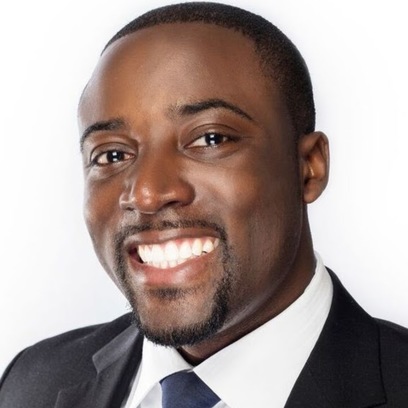
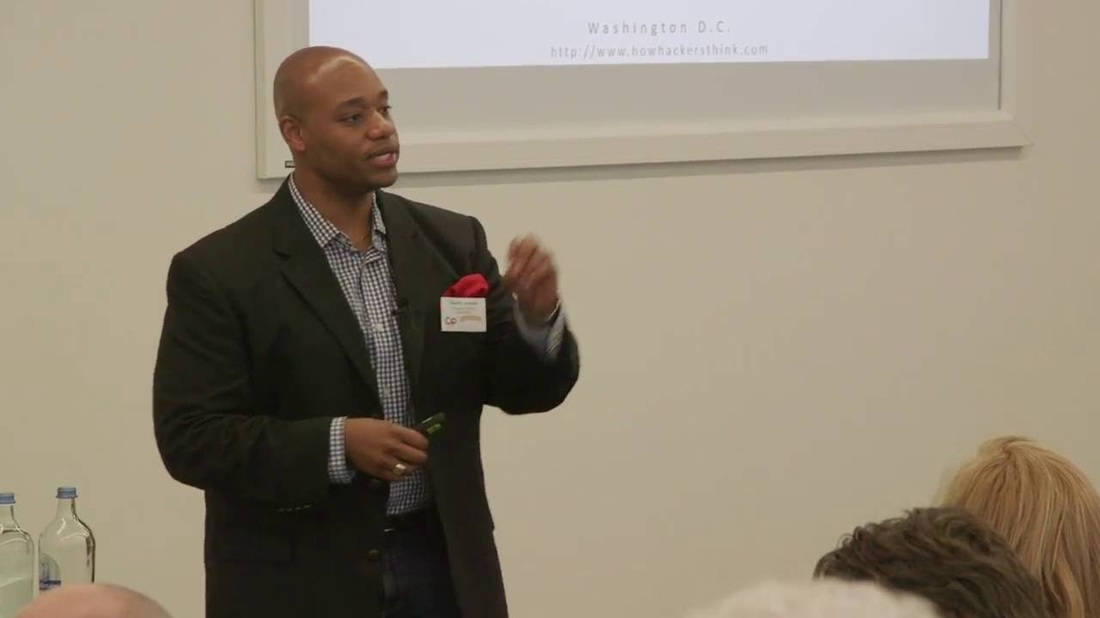
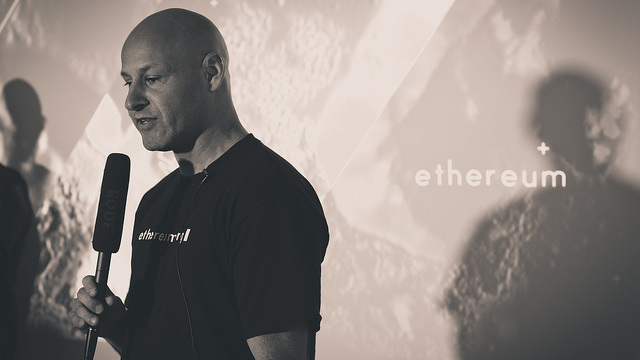
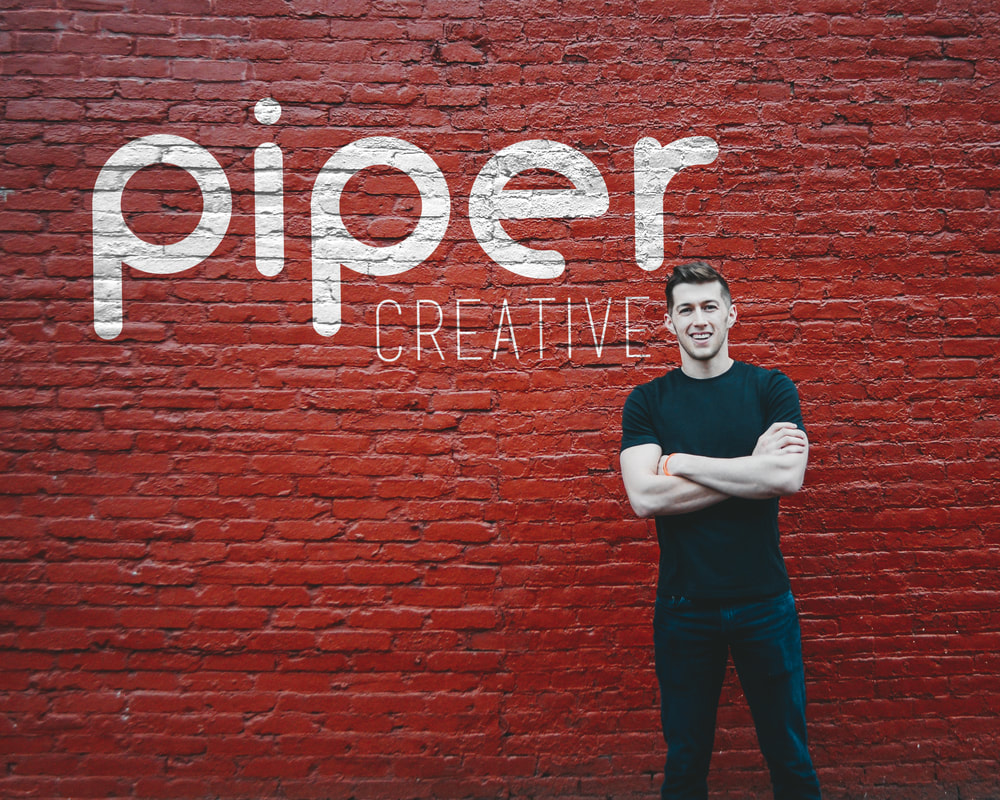
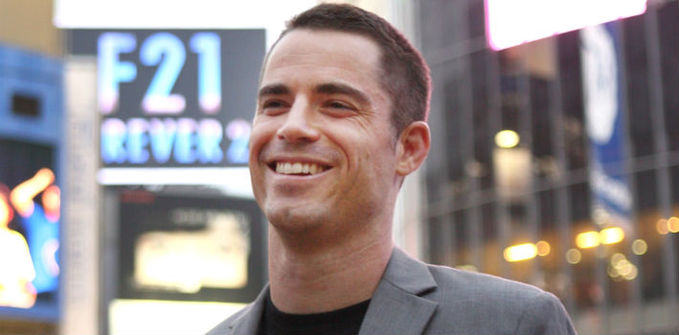
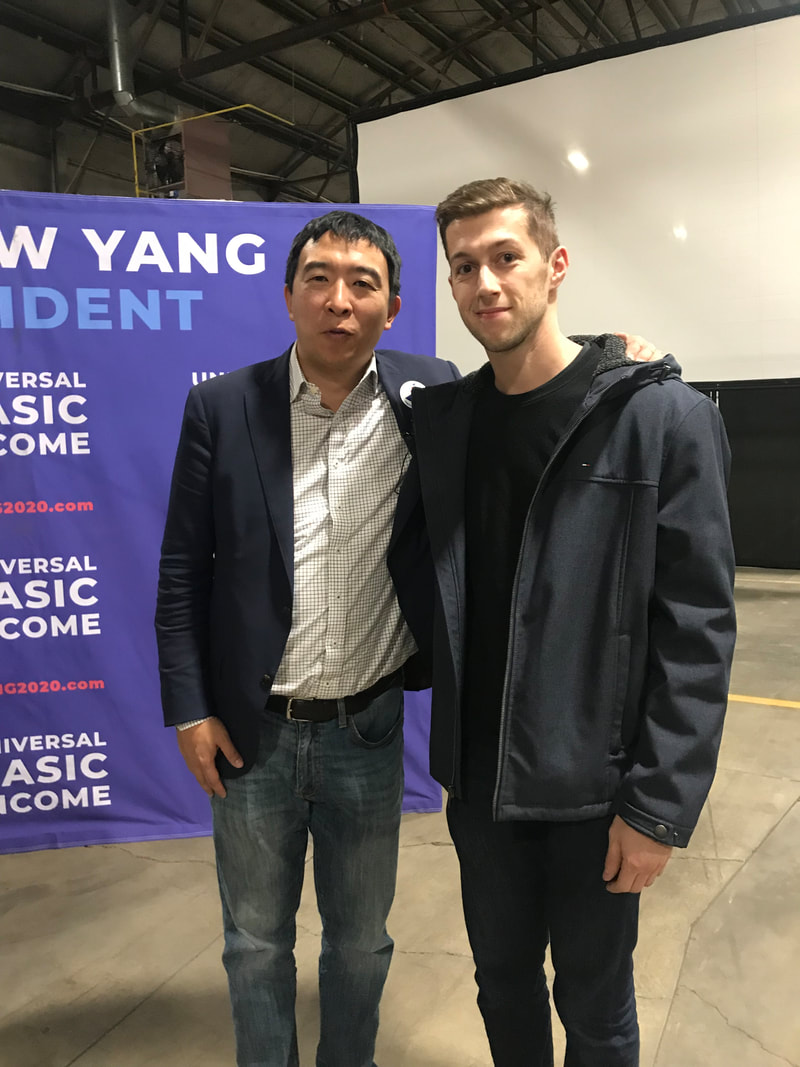
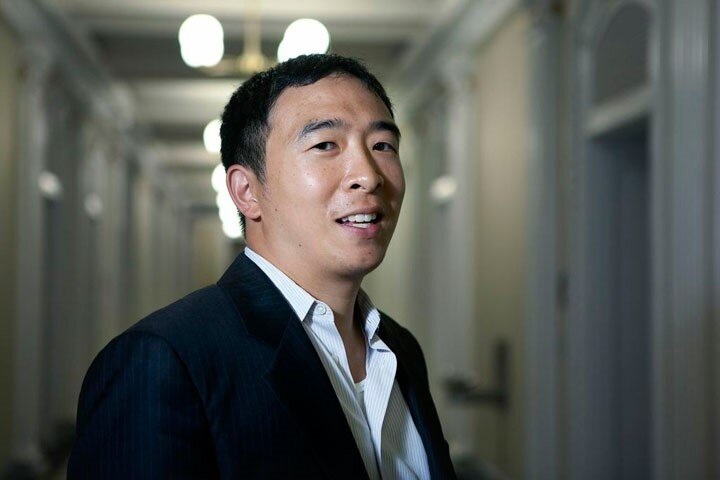
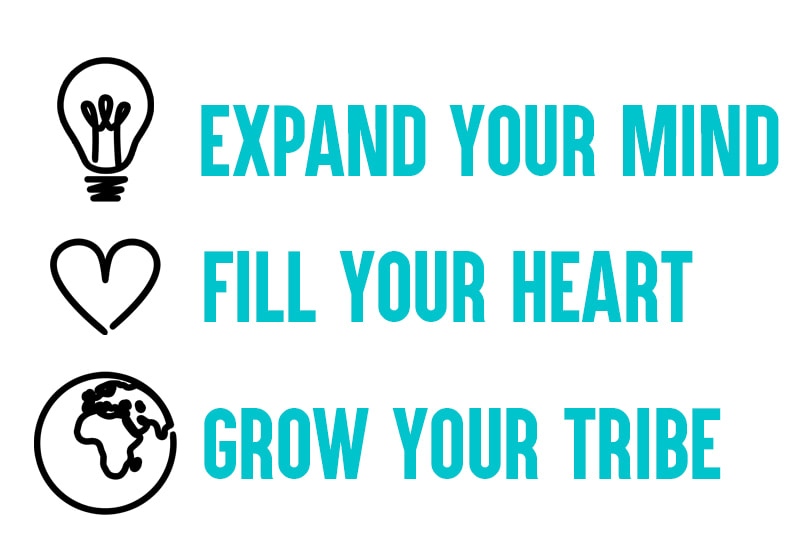


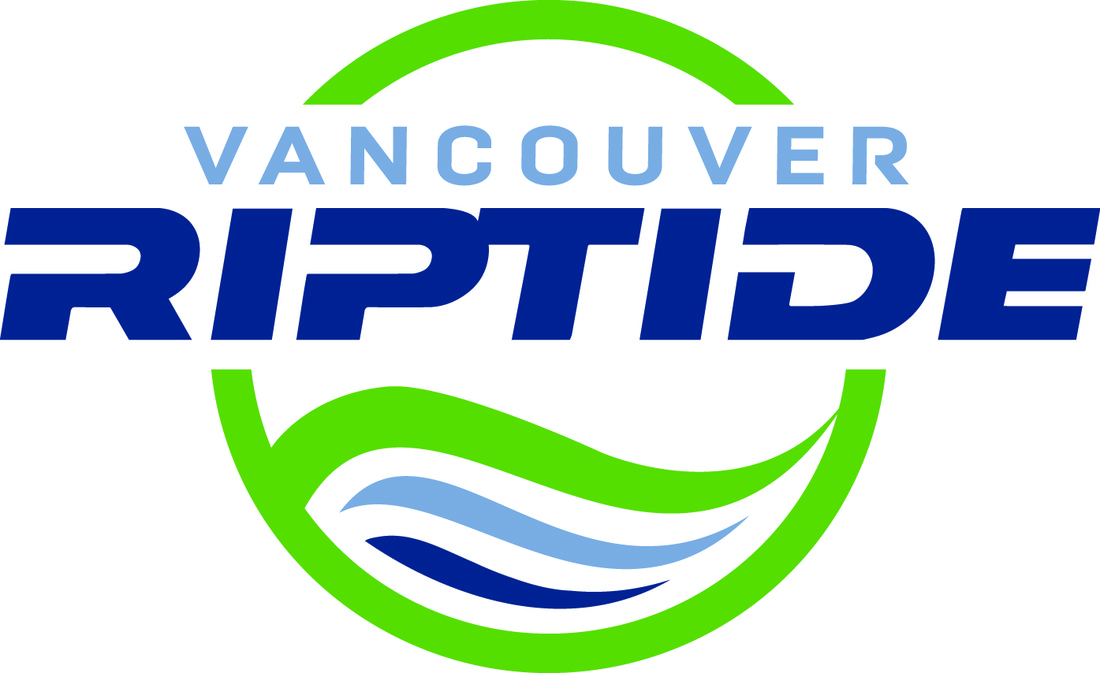
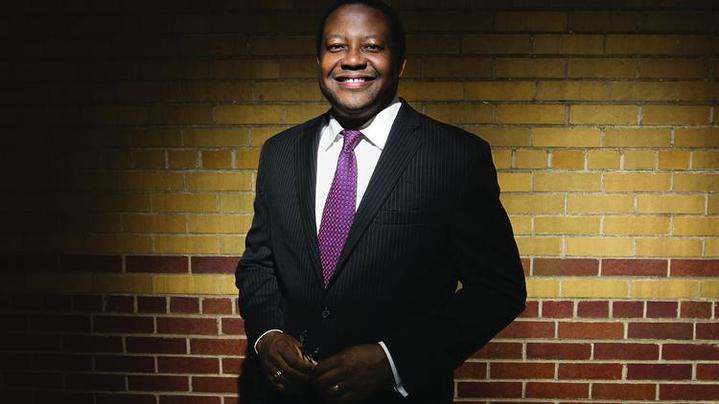
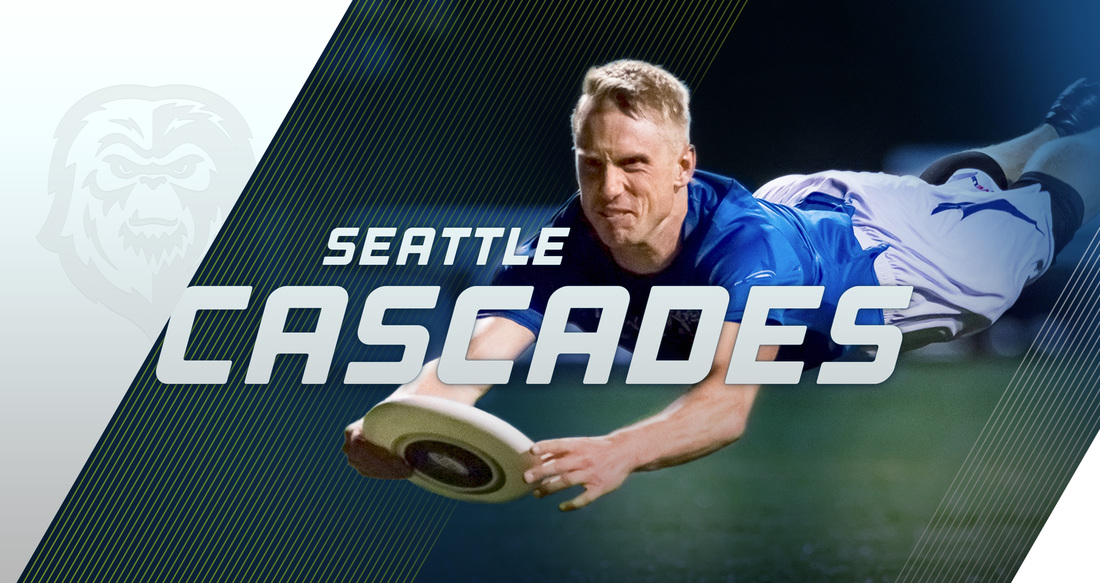

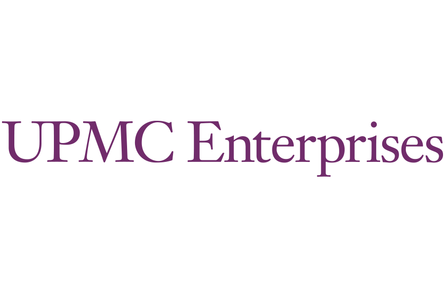

 RSS Feed
RSS Feed